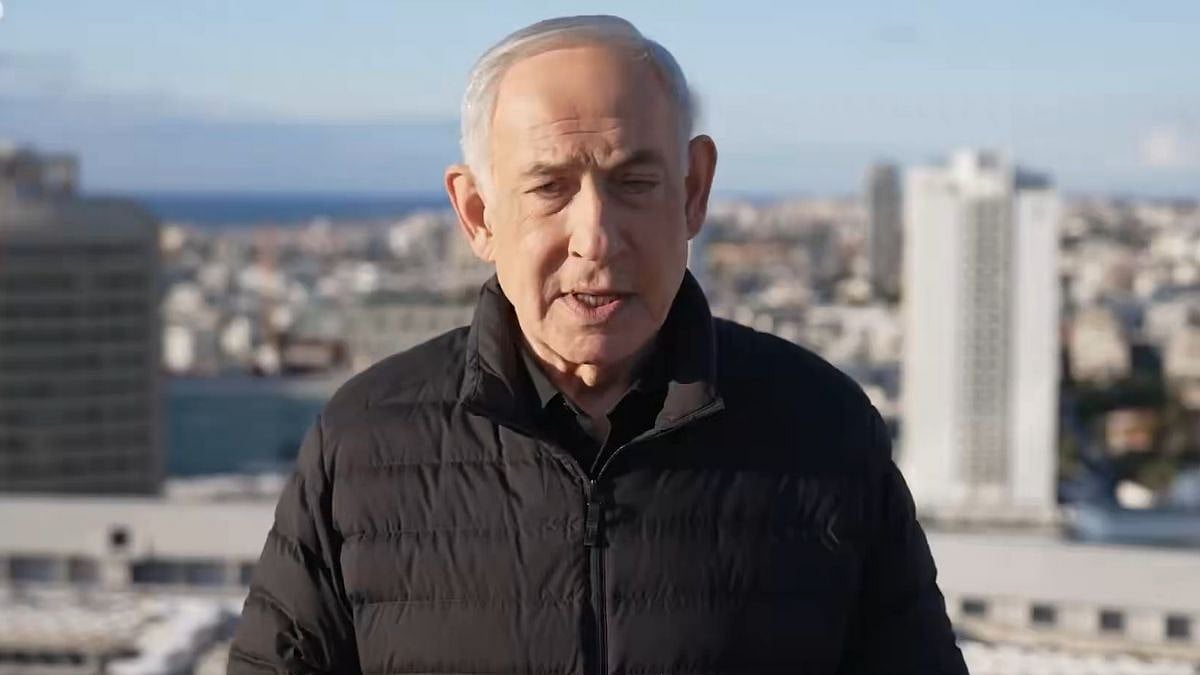In April 2000, I travelled to Dhaka with a formidable battery of my talented lieutenants from my internet venture CricketNext.com. The occasion was indeed historic. The International Cricket Council (ICC) had curated an extraordinary contest; the world’s first Asia XI versus Rest of World XI ODI. The Kargil betrayal was indeed fresh in most minds, but in an unparalleled happenstance, Pakistani and Indian players were playing on the same side. The world’s wiliest left-arm genius Wasim Akram was the captain of the Asia XI, and playing under him were India’s legends, such as Sachin Tendulkar, Sourav Ganguly, Anil Kumble, Ajay Jadeja etc.
As someone said to me, “It is surreal seeing the two neighbours who had a nasty military conflict less than a year earlier, play like a bunch of school-mates, as one collective unit” (the gargantuan trolling of Indian fast bowler Mohammed Shami by right-wing zealots after India’s defeat to Pakistan in the T20 World Cup, 2021 is another story altogether).
Dhaka appeared like any capital city in South Asia; brimming with staggering aplomb, its tilted demography favouring strapping youngsters who vociferously screamed for Tendulkar, its main street a crowded marmalade, reflecting a country in a chaotic state of profligate frenzy. They welcomed us with unbridled love. They loved their cricket. They clearly idolised their Big Brother to their west, the one that had valiantly in 1971, helped give them their unique identity. Thus, when I saw the deadly attacks on Hindus in a systematic, organised manner, I was perturbed. Some things had clearly changed. After all, it has been almost two decades since that public bonhomie.
Communal template
There were over half-a-dozen Hindus killed in a brutal programme of religious targeting in Bangladesh. ISKCON has been singled out too, as per reports. As is the usual communal template, the conflagration happened at the time of an annual religious festival; this time it was the Durga Puja. The trigger for the violent aggression was a social media post that allegedly ridiculed the Koran.
The fact that cannot be denied is the tinder-box circumstance in which several societies exist today, especially those in our neighbourhood. It takes one WhatsApp instigation to create social unrest and bloodletting. Years of peaceful camaraderie can be incinerated, like their burnt homes. Hindus are a small minority of 10 per cent in Bangladesh, which has also been experiencing the rise of Islamic fundamentalism, as the former East Pakistan grapples with local extremism.
In the age of social media, it takes little to influence impressionable minds. While Prime Minister Sheikh Hasina has reacted promptly, demonstrating her commitment to its secular composition, it is quite likely that the aftermath of the mayhem will linger much longer. This is unlikely to slow up overnight. Back home in India, one can already see that some of India’s ruling party cheerleaders are upping the communal temperature by reigniting a divisive debate. This hardly portends well.
Voices of outrage
On a TV show, the BJP spokesperson screamed loudly about why the opposition parties were playing minority-appeasement politics in opposing the Citizenship Amendment Act passed by the Modi government in 2019. It was palpable that the BJP would once again raise the ‘outside infiltrators’ story as crucial state elections in Uttar Pradesh and Uttarakhand draw closer. Expect the ‘termites’ disdain to return to the mainstream. But this was being disingenuous to say the least.
For one, until the coronavirus pathogen suddenly hit India in March 2020, the country was witnessing nation-wide large, spontaneous uprisings against the brazenly discriminatory law that disallowed Muslims refugees persecuted in their home countries (Pakistan, Afghanistan, Bangladesh) from getting sanctuary in India. Coupled with the nation-wide NRC and NPR, it was a deadly triumvirate to disenfranchise India’s largest minority population. The apprehensions were genuine. Detention centres for illegal migrants were going to be the next big infrastructure project. Polarised politics is BJP’s coveted meal menu. It works magically at the hustings. Bangladesh appears to be following the same political business model.
Majoritarian populism
As the highly reprehensible attacks on Hindus show, Bangladesh could be following the recent global trend of rising majoritarian populism. Eventually, it is self-defeating. A few years ago, The Economist, considered a free-market torchbearer, had shortlisted Bangladesh among the countries of the year for its burgeoning exports, trade liberalisation, improved transparency and poverty alleviation. Bangladesh is the world’s second largest in garment merchandise exports. For four years in a row, pre-2020, GDP growth exceeded seven per cent, helping it to outperform its two bigger benchmarks, Pakistan and India.
On crucial human development indicators such as education access, infant mortality, primary healthcare, women’s participation in the workforce etc. Bangladesh has registered a robust turnaround. Thus, if PM Sheikh Hasina allows sectarianism to spread, it will come at a huge social consequence and economic cost. No country can get away with manufactured social disunity for short-term political aggrandisement. It gets you. Finally.
Radicalism is the bane of fragile democracies that are also battling economic inequalities and social tensions. Nativism is retrograde even if in the short-term, it pays handsome electoral dividends. Bangladesh needs to be watchful here. It is easy for a country to lose the plot, just as a cricket team can suddenly find itself with an impossible asking rate. A civilised society is one that safeguards its minorities. When Sheikh Mujibur Rahman became president in 1971, he had inspired millions with his sincere message of a secular Bangladesh. His daughter now needs to walk the talk.
The author is former spokesperson of the Congress party




